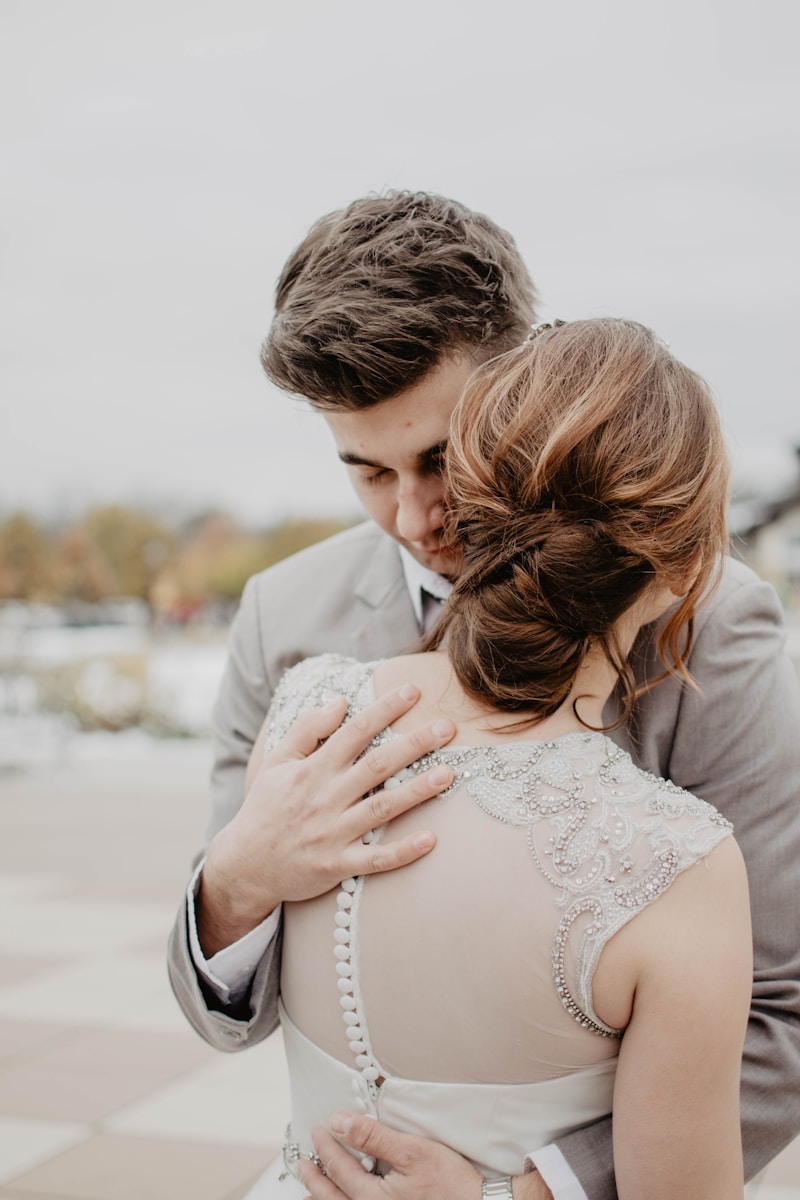The Effect of Budget on Bridal Expectations: A Comprehensive Guide
The Effect of Budget on Bridal Expectations: A Comprehensive Guide
Understanding the Connection Between Budget and Bridal Expectations
As the big day approaches, brides-to-be often find themselves caught in the whirlwind of planning their dream wedding. One of the most significant factors influencing their vision is, unsurprisingly, the budget. Understanding how budget constraints shape bridal expectations can help couples make informed decisions and ensure a joyful celebration.
The Impact of Budget on Wedding Planning
A wedding budget serves as a guideline for couples, dictating the scale and scope of their celebration. It directly affects various elements of the event, including:
| Wedding Element | Budget Range | Expectations |
| Venue | $3,000 - $15,000+ | Size, aesthetics, and location of the venue |
| Catering | $50 - $250 per guest | Quality of food, menu variety, and service |
| Wedding Attire | $500 - $5,000+ | Style, designer, and customization |
| Photography | $1,000 - $10,000+ | Duration, quality, and album presentation |
| Decorations | $500 - $10,000+ | Theme, complexity, and floral arrangements |
| Entertainment | $1,000 - $5,000+ | Quality of music, type of performances, and overall experience |
How Budget Influences Bridal Expectations
Brides often envision their ideal wedding based on personal dreams and societal trends. However, the budget can either enhance or limit these perceptions. Here are a few ways a budget shapes expectations:
1. Venue Selection
The venue is typically the largest expense of a wedding. Depending on the budget, brides may have to compromise on the type or location of the venue. Aspirational brides may dream of a scenic vineyard or a historic castle, but if the budget does not allow for such venues, it can lead to disappointment. Alternatively, realistic budgeting can steer expectations toward beautiful yet affordable locales.
2. Quality of Vendors
From florists to photographers, the budget impacts the quality and reputation of the vendors a bride can afford. High-budget weddings often lead to hiring seasoned professionals who can execute the couple's vision flawlessly. Conversely, limited budgets may require couples to work with less experienced vendors or consider DIY options, which can affect the overall quality and experience. 
3. Guest Count and Experience
A higher budget allows for a more extensive guest list and personalized experience. Couples with tight budgets may need to limit their guest count, which can impact the overall atmosphere of the celebration. Smaller weddings tend to offer an intimate experience but can clash with expectations of grandeur and inclusiveness that many brides have.
Common Budget-Saving Strategies
While budget constraints can limit expectations, there are several strategies couples can use to maintain a reasonable balance:
1. Prioritize Key Elements
Engagement with a wedding planner can help couples prioritize which aspects matter most to them. Whether it is the food, music, or photography, identifying must-haves can alleviate the pressure and focus resources effectively.
2. Off-Peak Seasons
Choosing to wed during the off-peak season can more than halve venue costs and vendor fees. By selecting dates between November and March, couples often find more flexible pricing and availability.
3. DIY for Personal Touches
Many brides opt for DIY décor, invitations, and even food to reflect their personal touches and save money. Engaging family and friends can turn tasks into bonding experiences while also enhancing the uniqueness of the event.
Understanding the Psychology of Bridal Expectations
The financial aspect of wedding planning brings about psychological effects on brides. Sociocultural expectations often pressure brides to conform to elite standards of weddings. This can lead to stress and disappointment if financial realities do not align with dreams. Addressing these emotions and fostering open communication can support couples in managing expectations.
Factors Affecting Expectations Beyond Budget
While budget plays a crucial role, other factors can shape bridal expectations:
- Family Influence: Family expectations often affect the choice of venue, guest count, and overall style.
- Trends and Media: Social media and wedding shows continuously push specific aesthetics, which can skew brides' perceptions of what is necessary.
- Personal Values: Brides prioritize different aspects based on individual beliefs, such as sustainability or cultural traditions.
Conclusion: Balancing Reality and Expectations
Ultimately, the connection between budget and bridal expectations is multifaceted and dynamic. While financial limitations may seem daunting, they often lead to creative solutions that enrich the wedding experience. Awareness of how budget shapes expectations and active participation in budget discussions can empower couples to create a memorable celebration that aligns with their dreams.
Key Advice for Brides
- Be open to creative alternatives and compromise.
- Communicate openly with the partner and the family to ensure everyone’s expectations are aligned.
- Stay organized and realistic to manage stress levels effectively.
By acknowledging the effect of budget on bridal expectations, couples can navigate this significant life moment with joy and fulfillment. After all, the essence of a wedding lies not in its financial extravagance but in the celebration of love.
